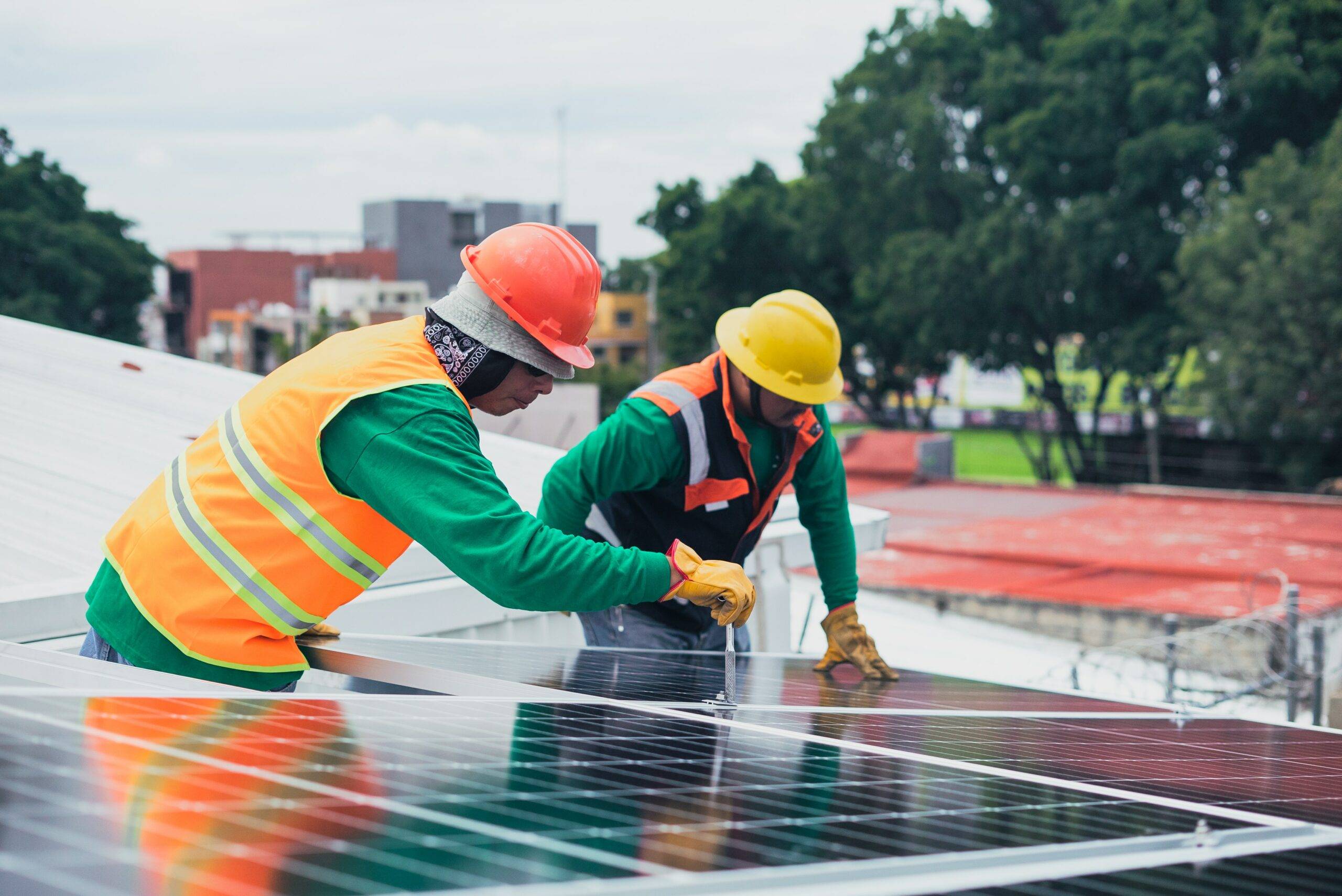In the UK, Feed-in Tariffs (FiTs) and the Smart Export Guarantee (SEG) are government initiatives designed to promote the installation of rooftop photovoltaic (PV) systems. FiTs provide fixed payments for electricity generated, while SEG allows homeowners to sell excess energy back to the grid, incentivizing renewable energy adoption.
Understanding Feed-in Tariffs and Smart Export Guarantee
As the UK moves towards a more sustainable energy future, understanding the mechanisms that encourage the adoption of rooftop solar panels is essential. This article delves into the details of Feed-in Tariffs and the Smart Export Guarantee, highlighting their significance in promoting solar energy installations across the nation.
What are Feed-in Tariffs?
Feed-in Tariffs were introduced in 2010 as part of the UK government’s strategy to incentivize renewable energy production. Under this scheme:
- Guaranteed Payments: Homeowners receive a fixed payment for every kilowatt-hour (kWh) of electricity generated by their solar PV systems.
- Duration: Payments are guaranteed for a period of 20 years, providing long-term financial security for solar panel owners.
- Eligibility: To qualify, systems must be installed by certified installers and meet specific criteria set by the government.
What is the Smart Export Guarantee?
Launched in January 2020, the Smart Export Guarantee replaced the Feed-in Tariff scheme for new installations. Key features include:
- Selling Excess Energy: Homeowners can sell surplus electricity generated from their solar panels back to the grid.
- Flexible Rates: Energy suppliers are required to offer export tariffs, allowing homeowners to choose from various rates.
- No Fixed Rate: Unlike FiTs, SEG does not guarantee a fixed payment rate; instead, it allows market competition among energy suppliers.
Benefits of Rooftop Photovoltaic Installations
The combination of Feed-in Tariffs and the Smart Export Guarantee offers numerous benefits for homeowners considering solar panel installations:
- Financial Incentives: Both schemes provide a steady income stream through payments for generated electricity and sales of excess power.
- Reduced Energy Bills: By generating their own electricity, homeowners can significantly reduce their energy bills.
- Environmental Impact: Solar energy is a clean, renewable source that contributes to reducing carbon footprints and combating climate change.
Eligibility Criteria for Participation
To participate in either scheme, homeowners must meet specific eligibility criteria:
- Installation Standards: Solar PV systems must be installed by certified professionals and comply with relevant regulations.
- Capacity Limits: The capacity of the system should not exceed certain limits set by regulatory bodies (typically up to 5 MW for domestic installations).
- Registration: Homeowners must register their installations with the appropriate authorities to qualify for payments under FiTs or SEG.
Latest News
- The UK government has announced plans to increase funding for renewable energy projects, including rooftop solar installations, as part of its commitment to achieving net-zero carbon emissions by 2050.
- Recent studies indicate that participation in the Smart Export Guarantee has increased significantly since its launch, with many homeowners benefiting from selling excess energy back to the grid.
- Energy suppliers are competing to offer more attractive export rates under the SEG, leading to better financial returns for homeowners with solar PV systems.
Redway Expert Comment
As a leader in lithium LiFePO4 battery manufacturing, we recognize the importance of integrating renewable energy sources like rooftop photovoltaics into everyday life. The Feed-in Tariff and Smart Export Guarantee initiatives empower homeowners to harness solar energy effectively while contributing to a sustainable future. Our advanced battery solutions complement these systems by providing reliable energy storage options for maximum efficiency.”
Conclusion
The UK’s Feed-in Tariffs and Smart Export Guarantee play crucial roles in encouraging rooftop photovoltaic installations. By providing financial incentives and promoting renewable energy adoption, these schemes not only benefit homeowners but also contribute significantly to national sustainability goals. For those looking to enhance their solar power systems with efficient energy storage solutions, Redway Battery offers cutting-edge lithium LiFePO4 batteries tailored for optimal performance.
FAQs
How do UK Feed-in Tariffs and Smart Export Guarantees impact rooftop photovoltaic installations?
UK Feed-in Tariffs (FiT) incentivized homeowners to install rooftop photovoltaic systems by providing guaranteed payments for generated electricity. Although FiT has ended, the Smart Export Guarantee (SEG) allows new solar producers to sell excess energy back to the grid, promoting continued investment in solar technology and encouraging more homeowners to adopt renewable energy solutions.
What are the benefits of UK Feed-in Tariffs for homeowners?
Feed-in Tariffs provided homeowners with guaranteed payments for every unit of electricity generated from renewable sources, including solar panels. Homeowners could also earn additional payments for electricity exported back to the grid, leading to significant savings on energy bills and a reliable return on investment over 20 years.
How do Smart Export Guarantees work for solar energy producers in the UK?
The Smart Export Guarantee (SEG) allows solar energy producers to sell excess electricity back to the grid. Energy suppliers pay a set tariff for exported energy, which varies by provider. This scheme encourages homeowners with solar panels to generate and export renewable energy, enhancing their financial returns.
What are the main differences between Feed-in Tariffs and Smart Export Guarantees?
Feed-in Tariffs guaranteed payments for both generated and exported electricity, while the Smart Export Guarantee only pays for exported energy. FiT was available until April 2019, whereas SEG is designed for new installations, offering variable rates based on market conditions and supplier tariffs.
How have UK Feed-in Tariffs evolved over the years?
Introduced in 2010, Feed-in Tariffs initially provided generous payments to encourage renewable energy adoption. Over time, rates decreased as technology costs fell and installation numbers increased. The scheme closed to new applicants in April 2019 but continues to benefit existing participants, reflecting a shift toward market-driven solutions like the Smart Export Guarantee.




